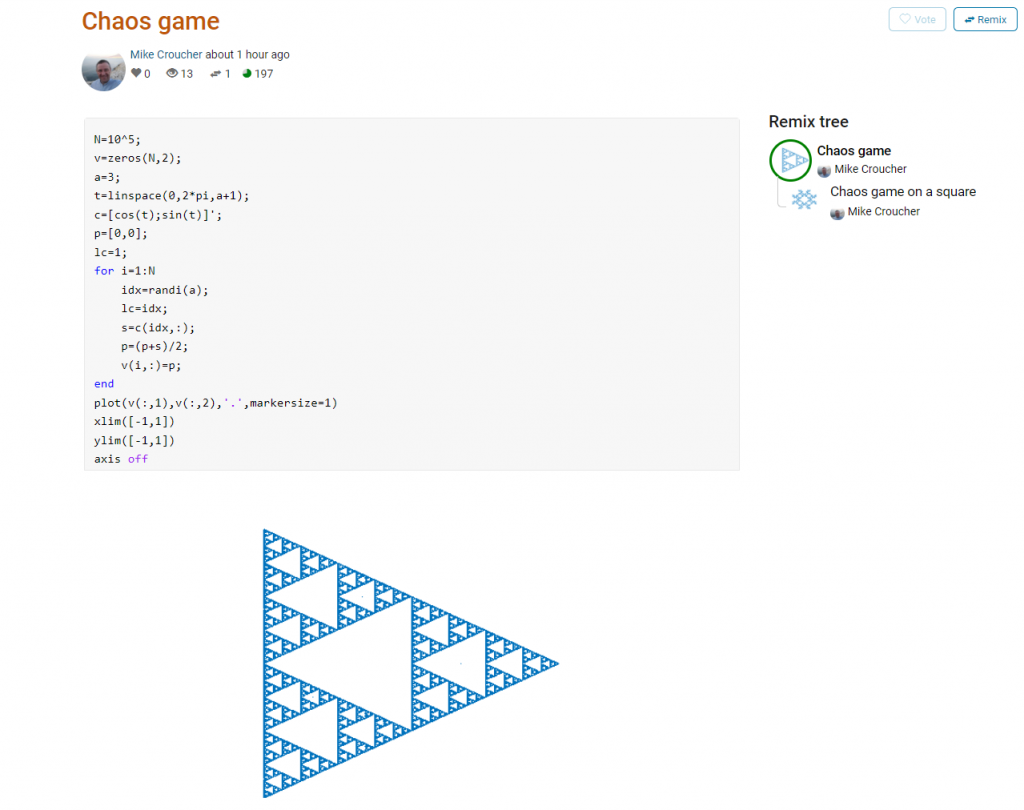


Those operations could incur significant CPU and memory usage and we need to ensure that VS Code's performance remains unaffected.įinally, integrating multiple language toolings with multiple code editors could involve significant effort. For example, to correctly validate a file, Language Server needs to parse a large amount of files, build up Abstract Syntax Trees for them and perform static program analysis. However, while implementing support for language features in VS Code, we found three common problems:įirst, Language Servers are usually implemented in their native programming languages, and that presents a challenge in integrating them with VS Code, which has a Node.js runtime.Īdditionally, language features can be resource intensive. With Language Servers, you can implement autocomplete, error-checking (diagnostics), jump-to-definition, and many other language features supported in VS Code. Language Server is a special kind of Visual Studio Code extension that powers the editing experience for many programming languages. You can also jump directly to the code in lsp-sample. Walks you through building a Language Server using the Microsoft/vscode-languageserver-node library.Explains the benefits of Language Server Extension.Language Server Extension, however, provides an alternative way of implementing such language support. As you have seen in the Programmatic Language Features topic, it's possible to implement Language Features by directly using languages.* API.


 0 kommentar(er)
0 kommentar(er)
